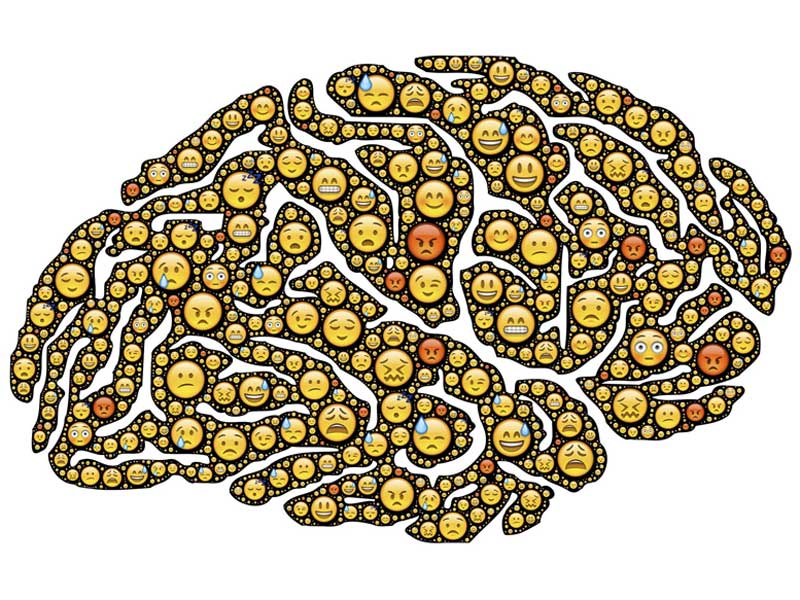Yes! Menopause can cause weight gain! As if the mood swings, fatigue, hot flashes, night sweats, and low libido weren’t enough! Now you’ve got to deal with menopausal weight gain? The good news is that you’re not alone!
Unfortunately, 90% of women experience perimenopause weight gain – about 10 to 15 pounds on average.
And the bad news doesn’t stop there. If you’re a woman who’s had no problem dropping the extra pounds in the past, it may also come as a shock that these pounds aren’t easy to lose.
If, on the other hand, you’re a woman who’s struggled with weight loss her whole life, we’re sorry to say that the struggle won’t just continue, it will likely get worse.
Menopause weight gain is different, however, because your metabolism, antioxidant systems, and inflammatory response are completely thrown off.
Other things that you may notice about menopause weight gain are:
- It’s turtle-like. Slow and steady. One or two pounds a year that you don’t notice until it sneaks up on you.
- All of a sudden, you have a thick middle with accumulated belly fat, the kind that has been linked to heart disease and diabetes.
- Your breasts may be bigger and your back fattier.
- It’s stubborn and hard to lose.
- Your body shape may be slowly changing into an apple shape.
Hormonal Weight Gain – Why is This Happening to You?
Slower metabolism
To start with, your resting metabolism is now lower, so all those calories that you burned while you were sitting on your couch or at your desk when you were younger aren’t getting burned off. Instead, they’re getting packed away in the Tupperware (your fat cells) for later use.
Decreased muscle mass
Your muscle mass has been slowly decreasing as you age, especially if you haven’t been doing weight training or resistance training on a regular basis. Muscle mass is a great calorie burner. No calorie burn equals more Tupperware containers full of fat.
Decrease in estrogen
Your ovaries are in the process of shutting down estrogen production. Estrogen has been shown to have a regulating effect on appetite. If your appetite isn’t regulated then you’re likely to be picking up a lot more carbs and eating more food, which lead to…you guessed it! More fat storage!
Enzymes and proteins have perked up
Recently, researchers also confirmed that certain enzymes and proteins that enable cells to store more fat and burn less are more active in post-menopausal women.
Failure of antioxidant systems
During menopause, you have a natural decline in your natural production of glutathione, the body’s master antioxidant. Having fewer antioxidants equates to greater free radical damage and subsequent inflammation.
Increase in inflammation
As estrogen declines in menopause, your body begins producing more inflammatory molecules that can contribute to weight gain.
It all stacks up
Two more symptoms of perimenopause are insomnia and stress. Both of these can cause weight gain. If you don’t sleep well, your ghrelin levels (the “hunger” hormone) rise, and your leptin levels (“fullness” hormone) drop. When that happens, you get the munchies.
Then there is, of course, stress eating – where your body and brain are telling you that grabbing that Twinkie and shoving it into your mouth is going to make everything better.
How to Lose Hormonal Weight?
The most effective thing you can do to fight menopausal weight gain and the other symptoms of menopause is to work with a healthcare provider who gets what you’re going through. That means seeking out a provider or clinic who specializes in women’s hormone imbalance and who also takes a holistic approach to healthcare.
There’s no one size fits all approach to managing menopause symptoms. Sometimes they arise from low levels of estrogen and progesterone. Other times, some of them can arise from a thyroid imbalance. And particularly with weight gain and insomnia, a cortisol and adrenaline cocktail contributes to the problem.
Some women will respond well to lifestyle changes like adding more intense exercise routines to their regimen, adopting a new sleep routine, or learning how to meditate to combat high stress. Other women, however, may respond well to supervised weight loss plans, acupuncture, or targeted supplementation.
Best HRT for Weight Loss
Because it’s menopause we’re talking about, hormones will always figure in the underlying cause. So you’re probably wondering how to balance hormones.
When your estrogen, progesterone, testosterone, or thyroid levels are low enough that the symptoms negatively impact your quality of life, it’s time to call in Bioidentical Hormone Replacement Therapy. BHRT can help prevent an increase in belly fat, body mass index, and body fat in general.
How to Get Rid of Menopause Belly Fat?
Even more frustrating than the accumulation of menopausal pounds is menopausal bloating. How many times have you had to unbutton your pants after a meal because your belly has blown up like a balloon or had the following bloating symptoms?
- a full, tight, or swollen abdomen
- pain
- excessive gas
- frequent burping or belching
- abdominal rumbling or gurgles
If you’ve ever tried to figure out what causes bloating, you know it’s not always easy. That’s because bloating is caused by a variety of things. For the purpose of this article, we’ll keep our list of bloating causes short:
- eating or drinking too fast
- chewing gum or smoking
- suboptimal digestive enzyme production
- gut dysbiosis
Natural Remedies for Menopause Weight Gain
Luckily, there are quite a few bloating remedies out there, so if one doesn’t work, you have more to choose from!
- Exercise to get your bowels moving.
- Do some yoga such as child’s pose, happy baby, or spinal twists to release gas from your GI tract.
- Slow down when eating and be sure to chew your food well.
- Avoid drinking water at mealtimes as it dilutes your stomach acid and makes it harder to digest your food.
- Gradually increase your fiber intake to 25 grams per day minimum.
- Drop the sodas and drink water instead.
- Avoid chewing gum.
- Eat smaller meals at regular intervals to keep your digestive system moving.
- Nourish your gut biome with probiotics.
- Reduce your salt intake to reduce water retention.
Remember, bloating can be hormone-related or caused by underlying medical conditions, so consulting with your doctor is the smartest and most effective action you can take!
We Can Help With Your Hormonal Weight Gain
The link between estrogen weight gain and menopause is an issue that many women face. As estrogen levels decline, many women experience perimenopause sudden weight gain, which can be unexpected and stressful. Understanding the role of hormonal weight gain during menopause can help you take proactive steps toward maintaining a healthy weight.
So, today, embrace the changes that come with this natural life transition. Nava can help you find the right solutions to maintain a healthy weight during menopause.
Contact us for a consultation today! Together we can beat the bloat and knock off those unwanted pounds. We can also get other menopause symptoms under control so that you live a happier more productive life!



